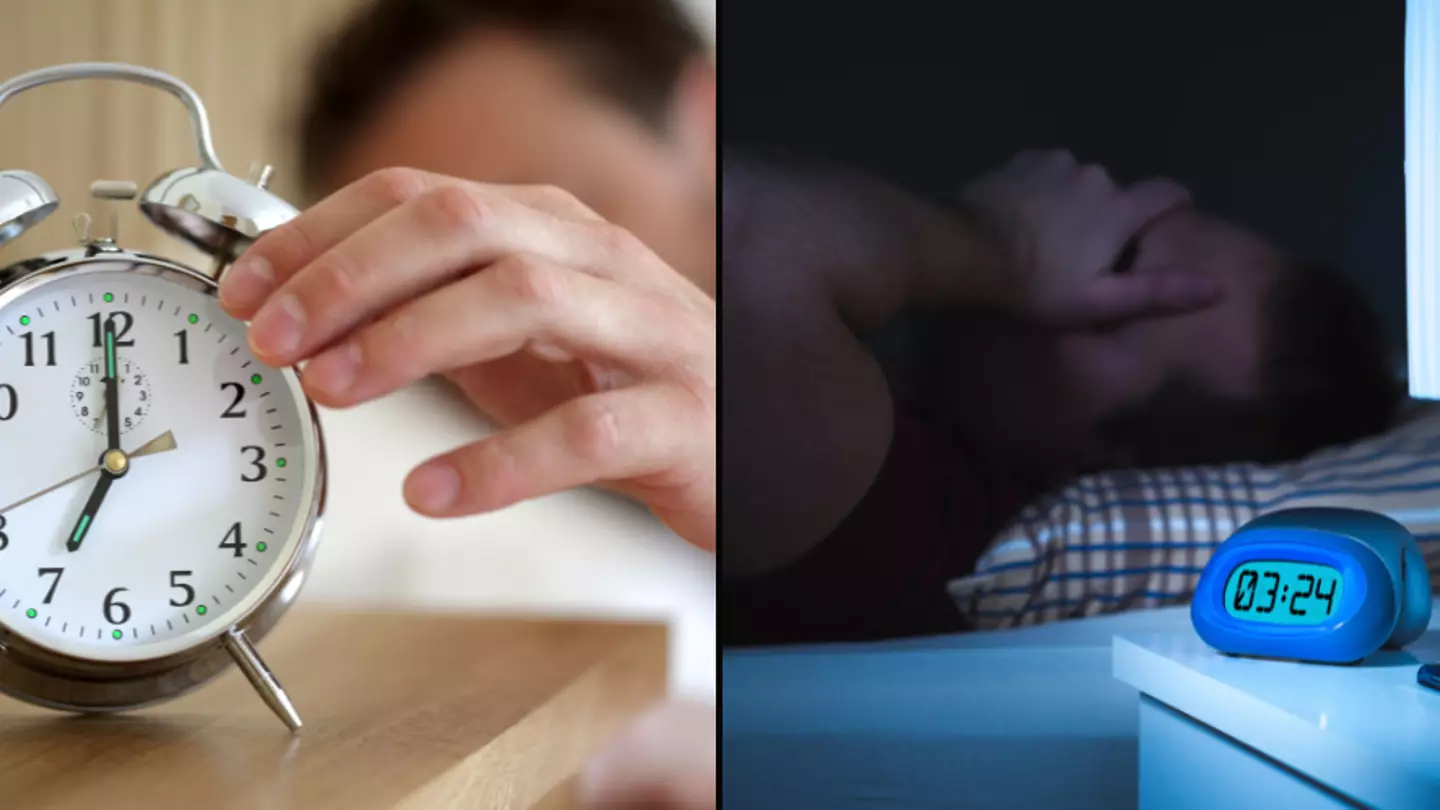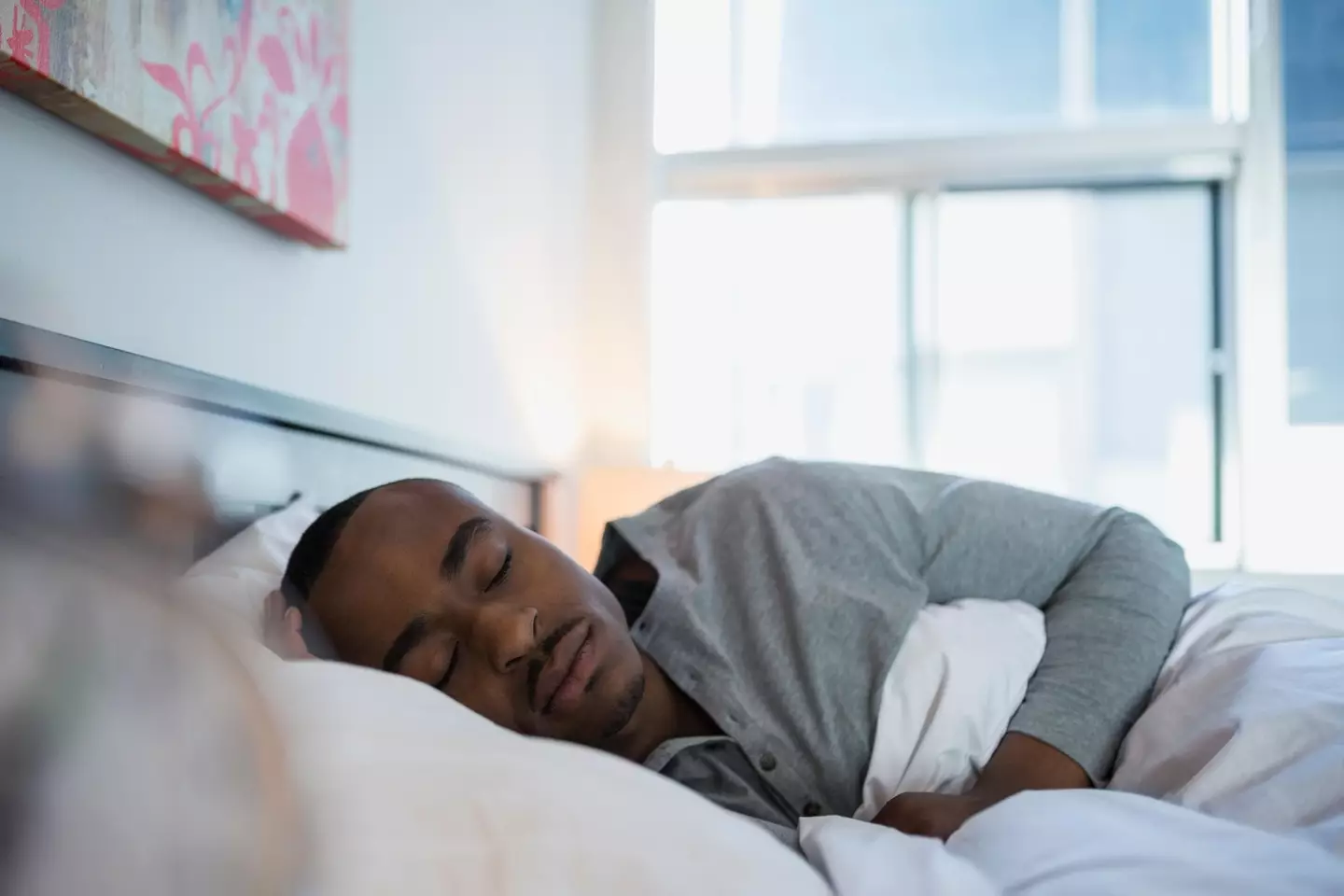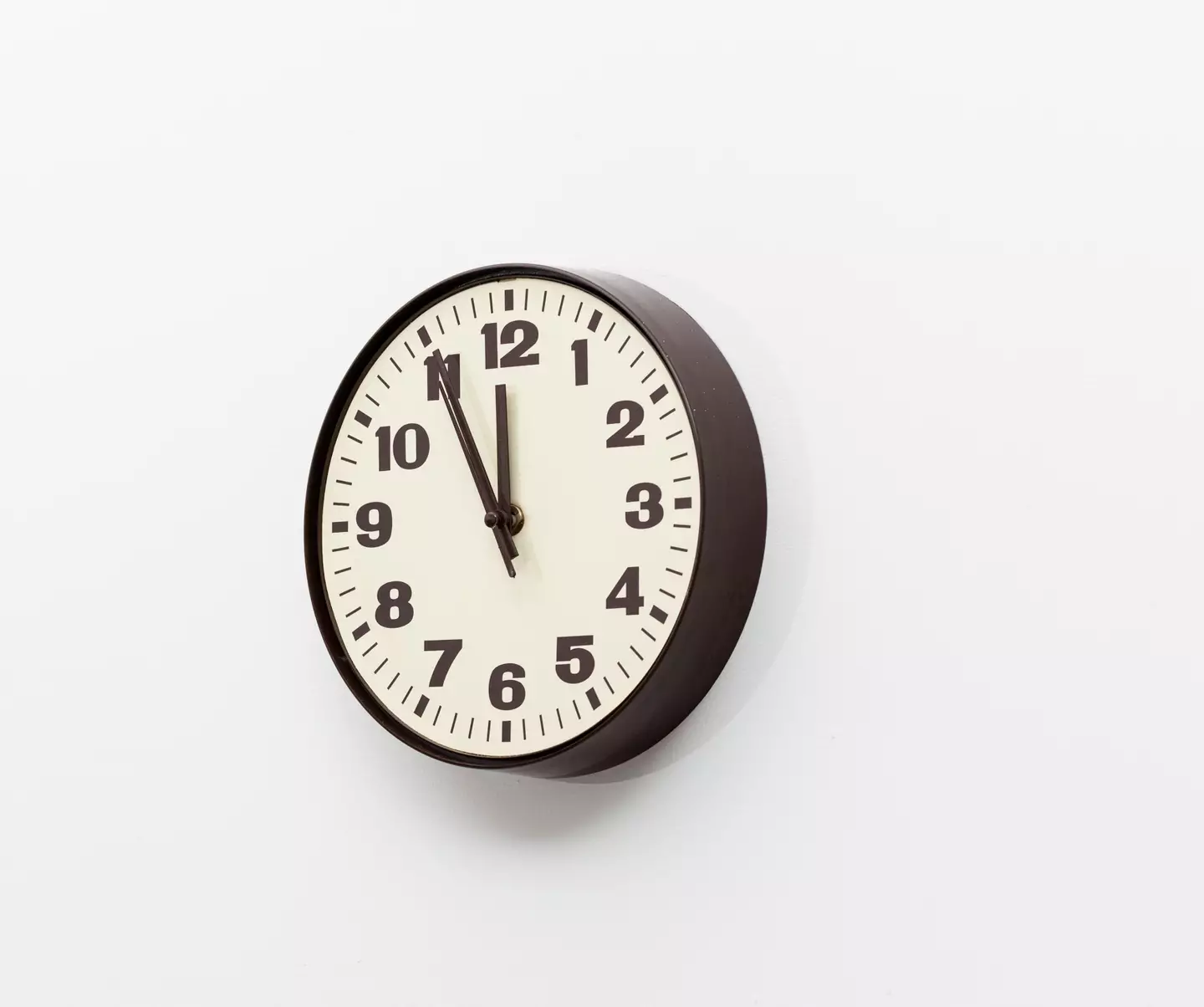
The reason you may feel a little out of sync today is because the clocks went back this weekend, marking the end of British Summer Time (BST). As we head into the colder months, it will get darker a lot earlier now that Greenwich Mean Time (GMT) is back.
Each autumn and spring there’s a reasonable amount of people who complain about the changing of the clocks.
There have also been a few unsuccessful attempts to ditch using GMT in the UK in favour of living permanently in BST.
Advert
This change is closer to becoming a possibility in the United States where they also change the clocks twice a year.
In the spring the US sets their clocks forward one hour and in the autumn – or fall – they set their clocks back to standard time
The US Senate unanimously passed the Sunshine Protection Act in March and if it gets through the House of Representatives, and signed by President Joe Biden, it could make Daylight Saving Time permanent all year round.
This would start from November 2023 if accepted and the UK could use the US as a case study for how people and society may operate without changing the clocks twice a year.

Former Prime Minister Boris Johnson was asked during Prime Minister’s Questions whether the UK would ever abolish BST back in March.
Johnson said earlier this year: “I will have a look at the suggestion... but it seems unlikely to me.”
The question came after the European Parliament voted in 2019 to scrap daylight saving time in 2021. The change would have applied to the UK if it stayed in the EU.
However the change hasn’t come into effect in Europe just yet.
People argue that the modern lifestyles and work patterns of Americans are no longer compatible with changing the clocks twice a year and research has found that shifting the clocks may actually be bad for our health.
On the other hand, sleep researchers have warned that less exposure to sunlight in the morning could cause a state of ‘permanent jet lag’.

The American Academy of Sleep Medicine argue that standard time should be made permanent in the US instead.
The Uniform Time Act of 1966 set in place the system of uniform daylight saving time across the country except the states of Arizona and Hawaii.
The overseas territories of American Samoa, Guam, Northern Mariana Islands, Puerto Rico and the United States Virgin Islands do not shift their clocks.
Will the extra hour in bed on the first Sunday after the shift to GMT be enough to keep the clock-shifting practice in place?
